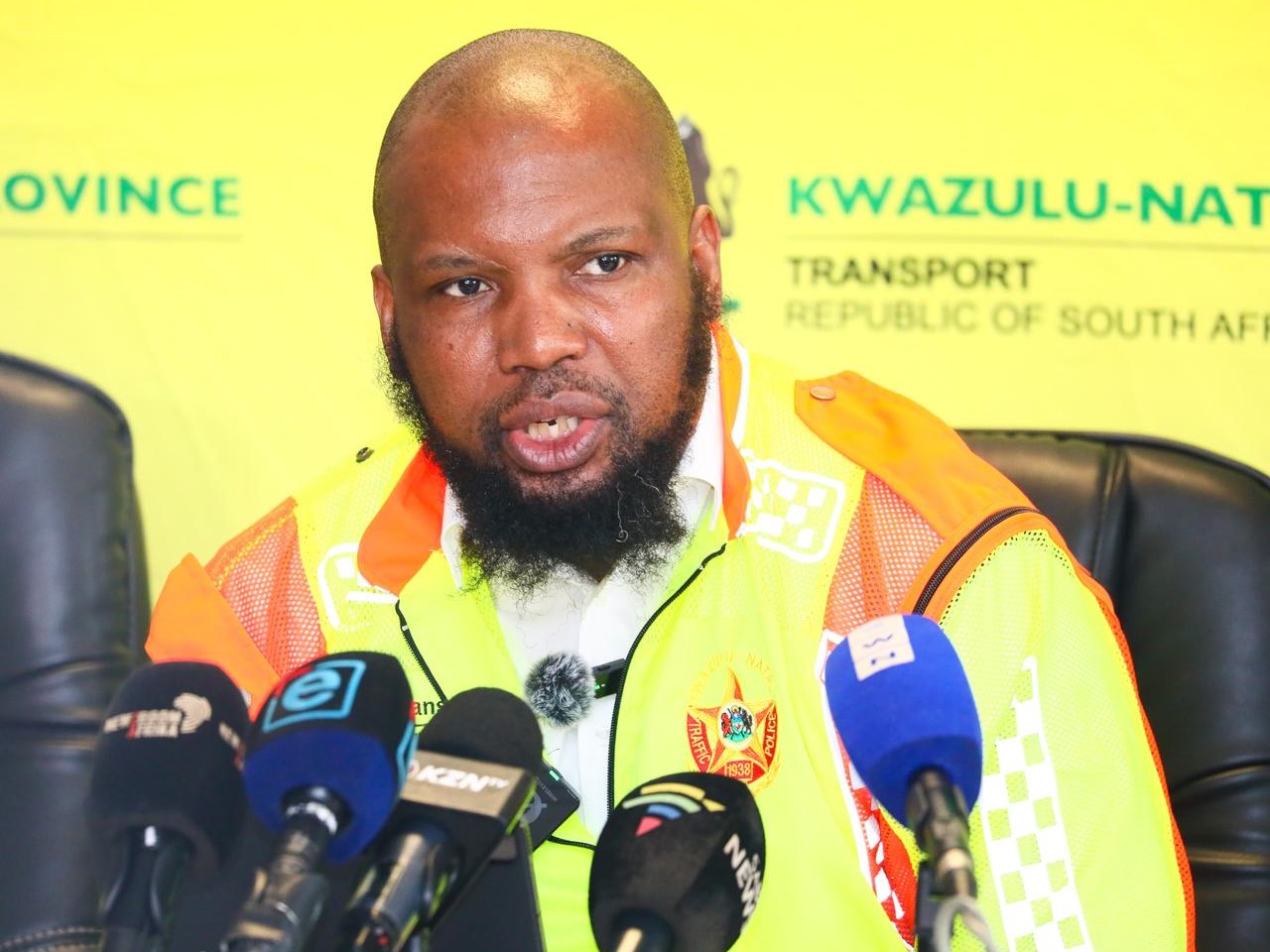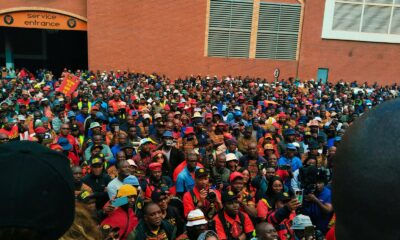News
Durban Taxi Strike Halted: MEC Siboniso Duma Promises Task Team to Tackle Disputes

Commuters left stranded
For two days this week, Durban came to a near standstill. Thousands of workers, learners, and community members were left stranded when taxi drivers downed tools after the impoundment of 25 minibus taxis by Durban Metro Police. Many scrambled for alternative transport, while others simply could not reach schools, jobs, or appointments.
KwaZulu-Natal MEC for Transport and Human Settlements, Siboniso Duma, acknowledged the disruption, apologising directly to commuters who bore the brunt of the shutdown.
Strike officially called off
Speaking at a joint briefing with the taxi industry, Duma confirmed that operations would resume immediately. “We reached a consensus that the taxis are going to be operating as of tonight. Tomorrow morning almost everything will be back to normal. So normality will be the order of the day,” he told SABC.
The strike had been driven by the KwaDabeka and Clermont Taxi Association in protest at the impoundments, but its effects rippled across Durban.
Why the taxi industry matters
Duma reminded the public that taxis remain the backbone of South Africa’s transport system. “In the province, or in South Africa at large, 70% of commuters rely on the taxi industry. So it means it is the bedrock of the economy,” he said. He stressed that disruptions of this scale inevitably hurt schools, businesses, and households.
Task team to address disputes
As part of the resolution, a new task team has been set up between the provincial government, the eThekwini Municipality, and taxi associations. The team will tackle recurring issues, including the impounding of vehicles, the growing competition from e-hailing services, and the issuing of operating permits.
Duma explained that while the law must be upheld, processes such as verifying receipts and permits would be examined more closely to avoid unnecessary tension.
Safety and coordination gaps
Reports of commuter and bus driver harassment during the strike raised concerns about safety. In response, additional police and traffic officers were deployed to protect commuters. Duma admitted that coordination between his department and the municipality was lacking but called for cooperation rather than finger-pointing.
He also reflected on the human impact behind the headlines. “When you impound taxis, it means that a certain family will go to bed hungry because they don’t operate during those days. That is why law enforcement must be handled carefully. We can’t compromise on it, but we must also urgently fix processes that aren’t working.”
A fragile peace
Both the government and taxi associations have apologised for the strike’s fallout, urging commuters to see the resolution as a step forward. “We are sorry for any inconvenience that might have arisen, in particular for our passengers, the community at large, and those whose plans were disturbed,” Duma said.
For now, Durban’s taxis are back on the road, but the creation of the task team signals that the underlying disputes are far from resolved. Whether this marks the beginning of a longer-term solution or just a temporary pause will depend on how effectively the promises made this week translate into real change.
Also read: Ithuba Challenges R180 Billion National Lottery Licence Awarded to Sizekhaya
Follow Joburg ETC on Facebook, Twitter, TikT
For more News in Johannesburg, visit joburgetc.com
Source: IOL
Featured Image: The Bulrushes



























